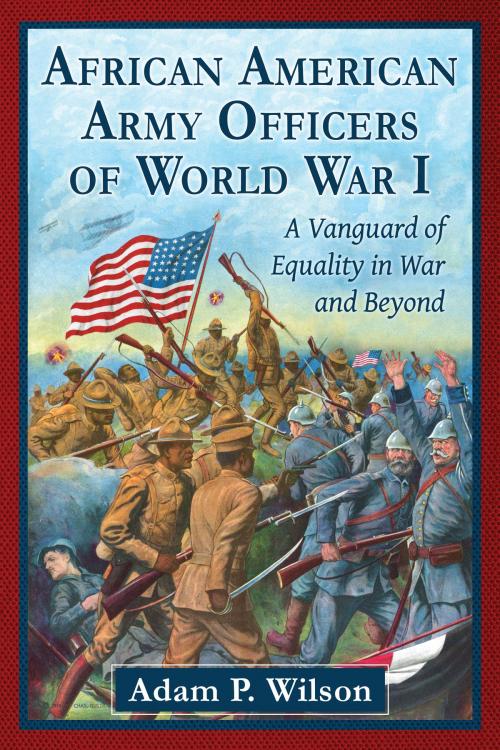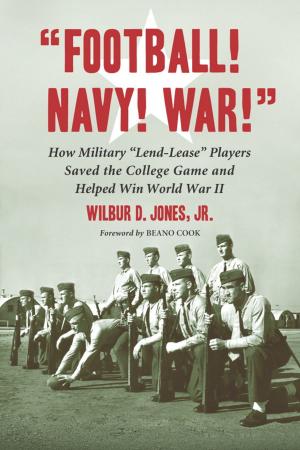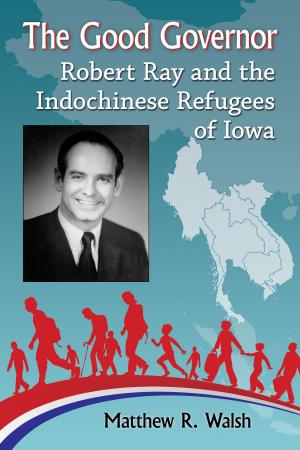African American Army Officers of World War I
A Vanguard of Equality in War and Beyond
Nonfiction, History, Military, World War I, Social & Cultural Studies, Social Science, Cultural Studies, African-American Studies| Author: | Adam P. Wilson | ISBN: | 9781476620077 |
| Publisher: | McFarland & Company, Inc., Publishers | Publication: | October 14, 2015 |
| Imprint: | Language: | English |
| Author: | Adam P. Wilson |
| ISBN: | 9781476620077 |
| Publisher: | McFarland & Company, Inc., Publishers |
| Publication: | October 14, 2015 |
| Imprint: | |
| Language: | English |
In April 1917, Congress approved President Woodrow Wilson’s request to declare war on the Central Powers, thrusting the United States into World War I with the rallying cry, “The world must be made safe for democracy.” Two months later 1,250 African American men—college graduates, businessmen, doctors, lawyers, reverends and non-commissioned officers—volunteered to become the first blacks to receive officer training at Fort Des Moines, Iowa. Denied the full privileges and protections of democracy at home, they prepared to defend it abroad in hopes that their service would be rewarded with equal citizenship at war’s end. This book tells the stories of these black American soldiers’ lives during training, in combat and after their return home. The author addresses issues of national and international racism and equality and discusses the Army’s use of African American troops, the creation of a segregated officer training camp, the war’s implications for civil rights in America, and military duty as an obligation of citizenship.
In April 1917, Congress approved President Woodrow Wilson’s request to declare war on the Central Powers, thrusting the United States into World War I with the rallying cry, “The world must be made safe for democracy.” Two months later 1,250 African American men—college graduates, businessmen, doctors, lawyers, reverends and non-commissioned officers—volunteered to become the first blacks to receive officer training at Fort Des Moines, Iowa. Denied the full privileges and protections of democracy at home, they prepared to defend it abroad in hopes that their service would be rewarded with equal citizenship at war’s end. This book tells the stories of these black American soldiers’ lives during training, in combat and after their return home. The author addresses issues of national and international racism and equality and discusses the Army’s use of African American troops, the creation of a segregated officer training camp, the war’s implications for civil rights in America, and military duty as an obligation of citizenship.















